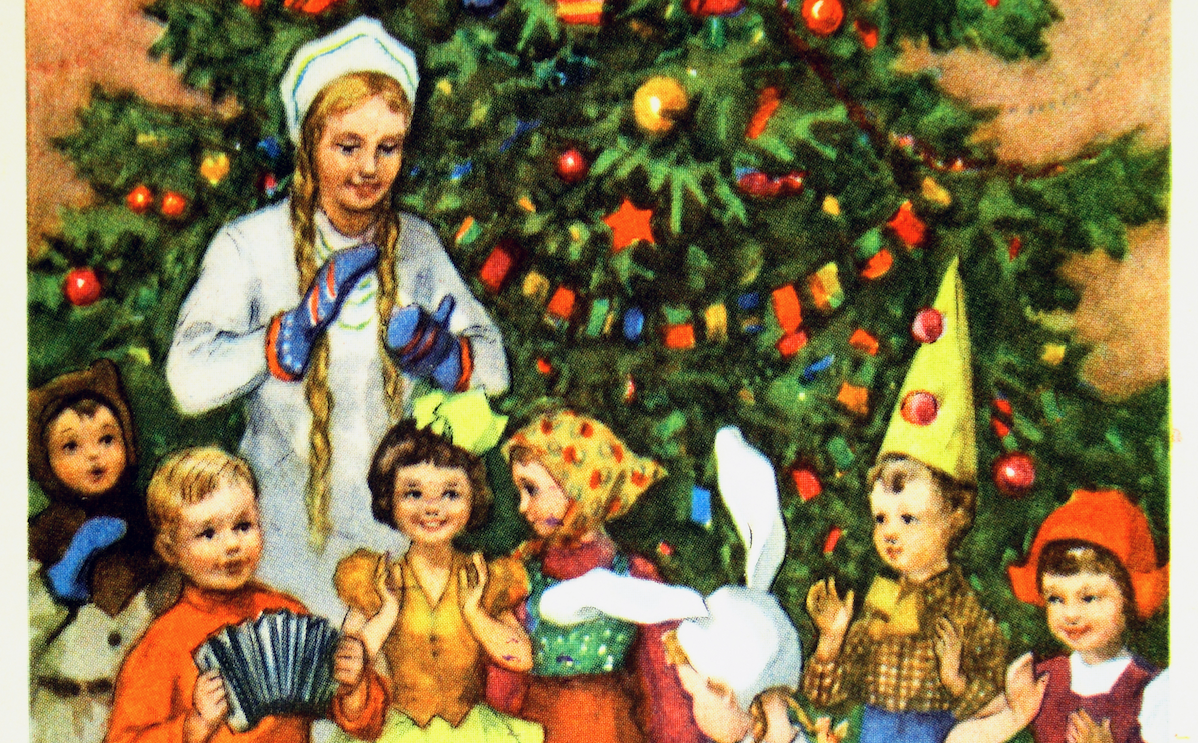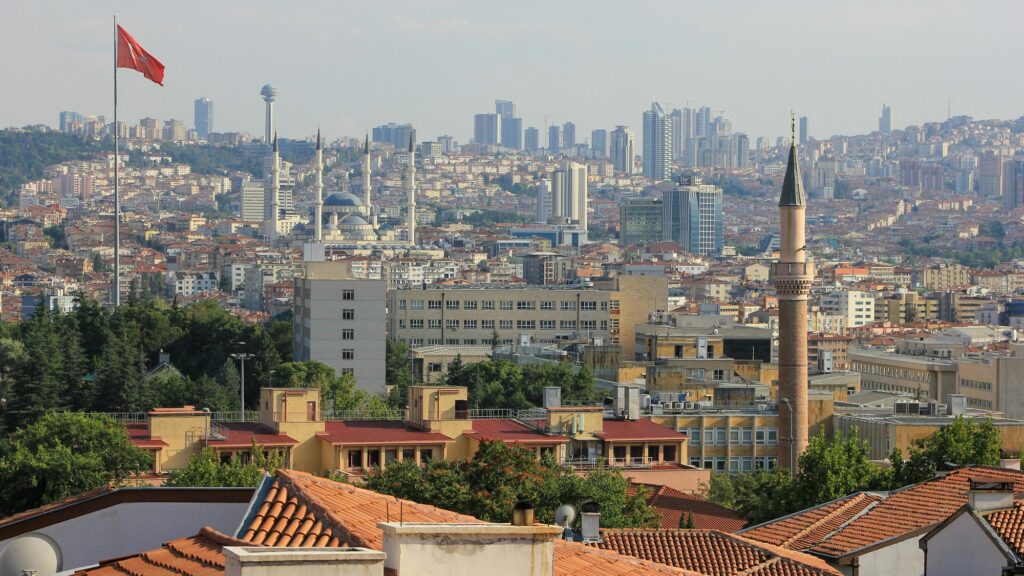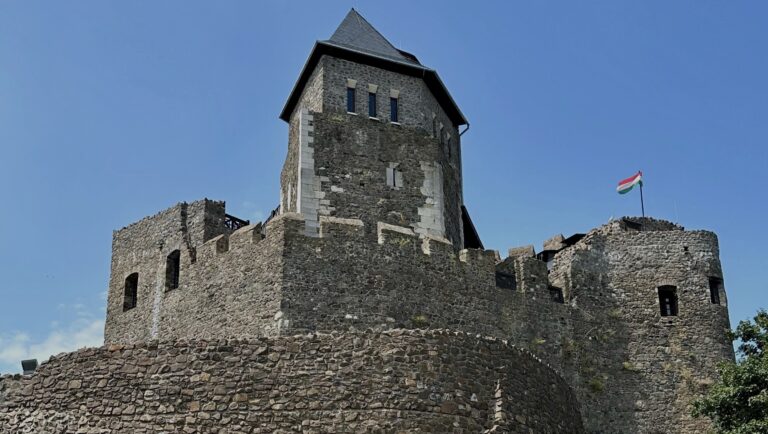Across the Western world, Christmas is one of the most popular holidays. While for most of us Christmas is about the celebration of love and a wonderful time spent in the company of friends and family, Christmas is inseparable from the Christian festival marking the birth of Jesus Christ. Because of its religious roots, Christmas was unwanted under state socialism both in the Soviet Union and in Central and Eastern Europe. As communist ideology considered religion, including Christian faith ‘the opium of the people’, as Karl Marx famously put it, its teachings were labelled harmful—and so was celebrating Christmas as a Christian holiday. To sever the celebration’s connection with Christianity, customs, traditions, and even the words used to describe the festive season were under attack and attempted to be fundamentally transformed to fit communism’ inherent secularism. In Hungary, those who attended mass and engaged in religious ceremonies on Christmas Eve (such as traditional nativity plays) were persecuted after the Communists seized power in Hungary, and Christmas was celebrated in a secular manner at state-run events.
The most effective way of repressing Christmas and discouraging celebrating it as part of the Christian heritage was to
instil fear in those who celebrated and attended Christmas masses.
Cardinal József Mindszenty, the most important religious leader of Hungary, was arrested on the second day of Christmas on 26 December 1948, to the horror of Hungarian Christians. Cardinal Mindszenty’s imprisonment, torture and trial were the beginning of the subordination of the church, depriving the country of faith and hope when families gathered to celebrate Christmas and the birth of their Saviour. Many compulsory activities were scheduled for schoolchildren on the days before Christmas, so they could not engage in Christian customs such as nativity plays in churches. By the 1950s, only 25 December remained a public holiday, while 26 December was a regular workdays.
To shift focus further away from the traditional Christian celebration, instead of Christmas, Stalin’s birthday (18 December) was emphasized as a celebration fit for the communist ideal. In 1951, even the word ‘Christmas’ was deemed so undesirable that the official name of the day was changed to ’Pine Festival’ (fenyőünnep). Albeit the regime never managed to destroy the Christian holiday altogether, officially it was not until 1988 that the term Pine Festival was scrapped and replaced with Christmas.
The assault on Christmas was so pervasive that even the words associated with the holiday were transformed in the 1950s, in an attempt to erase the memory of its Christian roots. While in Hungary traditionally Santa Claus brings presents to children on Saint Nicholas Day on 6 December, and on Christmas Eve it is Baby Jesus (Jézuska) or angels who bring gifts, during the state socialist period it was Santa Claus who brought the gifts on the evening of 24 December. Eliminating the role of Jesus Christ in the celebration also served the purpose of alienating the holiday from all its religious aspects.
The Hungarian name of Santa was problematic too, however.
After Saint Nicholas, or Szent Miklós n Hungarian, Santa Claus is called Mikulás in Hungarian. To disconnect the festivity from religion, the Communist establishment pushed the use of the word ‘Télapó’, meaning ‘Father Winter’, so in state socialist times it was Télapó and not Santa who visited children in Hungarian kindergartens and schools. The name was inspired by the Russian mythological figure ‘Ded Moroz’ or Grandfather Freeze.
It is interesting to note that before the Communist authorities launched an assault on Christmas, the harmony of a Santa Claus Day and Christmas (with baby Jesus bringing presents) was a remarkable demonstration of the coexistence of Hungary’s Catholic and Protestant Christian traditions. While Mikulás (named after a saint) was originally a Catholic element in the holiday, baby Jesus as a gift giver was introduced by Luther into Christian celebrations, restoring the importance of God over saints.
The communist war on Christmas and its failure demonstrate, on the one hand, the importance of Christianity for Hungary,
and on the other, the totalitarian nature of communism. Our traditions, celebrations and society as a whole are so deeply embedded in the Christian tradition that any attempt to eradicate Christianity are doomed to failure. The ‘holistic’ assault on Christmas by Communist ideologues, who tried to transform everything from the very words that denote it to the customs related to it, is evidence of the totalitarian nature of the ideology. Communism aspires to total domination, and therefore it cannot coexist with any other faith, belief or ideology.








